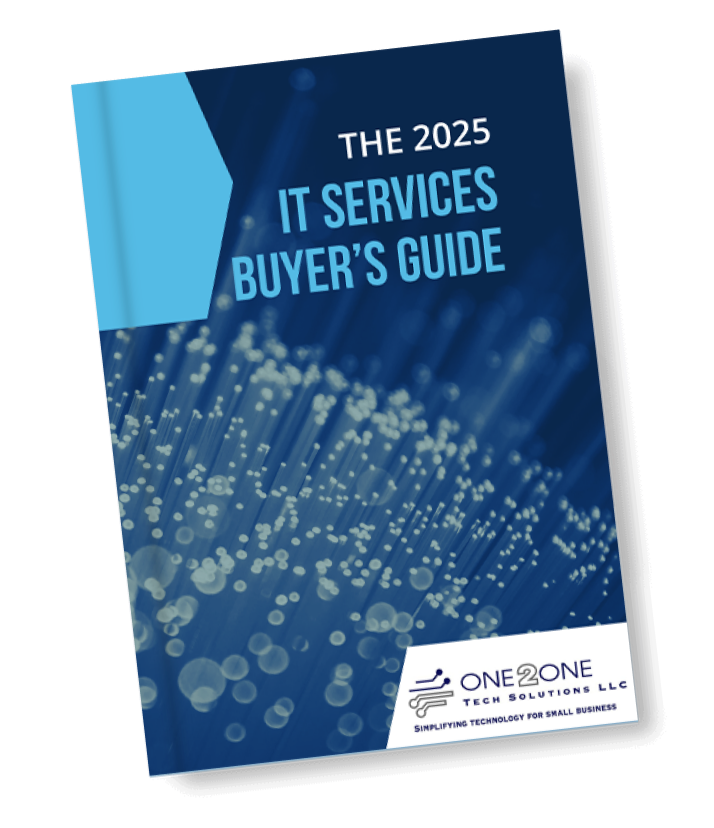Black Friday and Cyber Monday are just around the corner, promising massive discounts, jaw-dropping deals, and an online shopping frenzy. However, while you’re hunting for bargains, cybercriminals are hunting for you. This peak shopping season is also prime time for hackers, scammers, and phishers, making vigilance essential for both business and personal shoppers.
Let’s dive into the threats to watch for, how to shop cautiously, and the potentially devastating consequences of failing to secure your devices and networks.
Threats to Watch for During Holiday Shopping
1. Phishing Scams:
Cybercriminals send fake emails or texts that mimic trusted brands, offering deals that are “too good to miss.” Clicking these links can steal your personal or financial information.
2. Fake Shopping Websites:
A professional-looking website doesn’t guarantee legitimacy. Cybercriminals create fake e-commerce sites to collect your payment details without delivering any product.
3. Malicious Ads and Pop-Ups:
Ads promising unbeatable discounts might lead to malware downloads or phishing sites.
4. Unsecured Wi-Fi Risks:
Shopping on public Wi-Fi opens the door for hackers to intercept your data.
5. Malware-Infected Devices:
Downloading a seemingly innocent app or opening a malicious attachment could infect your device with ransomware or spyware.
6. Credential Stuffing Attacks:
If you reuse passwords, cybercriminals can exploit stolen credentials to access your accounts.

How to Shop Cautiously This Holiday Season
Your work devices often carry sensitive company data, so security is non-negotiable:
– Use a Secure Network:
Avoid shopping on public Wi-Fi. Instead, use a VPN to encrypt your connection or shop at home on a trusted, secured network.
– Monitor Employee/Child Activity:
Employees shopping online from work devices? Establish a cybersecurity policy to restrict access to suspicious sites and provide training on identifying threats.
– Update Your Software:
Ensure all devices have updated antivirus, firewall software, and operating systems. These updates patch vulnerabilities that hackers exploit.
– Verify URLs and Emails:
Always double-check web addresses for typos (e.g., “amaz0n.com“). Avoid clicking on links from unsolicited emails. Look for the lock symbol in the address bar to indicate your connection is encrypted.
– Enable Two-Factor Authentication (2FA):
Add an extra layer of security by enabling 2FA on shopping and payment platforms. Don’t save your credit card info on sites (use a password manager or type it manually). Whenever possible, use mobile app authenticator 2FA (Temporary One-Time Passwords) instead of email or SMS which are more easily intercepted.
– Use Strong, Unique Passwords:
Employ a password manager to generate and store unique, complex passwords securely.
– Stick to Trusted Retailers:
Research unfamiliar stores, and avoid deals that seem suspiciously cheap.
– Be Payment Smart:
Use credit cards instead of debit cards or utilize secure payment services like PayPal or Apple Pay to minimize financial exposure.
– Beware of Over-Sharing:
Legitimate retailers never ask for information like your Social Security number. If they do, it’s a red flag. Be wary of email and phone scams asking for information “to better help you” or “resolve suspicious activity.” Always go to the seller’s website to get their contact information and contact them directly to verify any information requests. It’s just as important for you to verify their identity as it is for them to verify yours.
The Impact of Failing to Stay Vigilant
The consequences of falling victim to holiday shopping scams can be severe, both personally and professionally:
– Financial Losses:
Stolen credit card information or fraudulent purchases can drain your accounts.
– Identity Theft:
Cybercriminals can use stolen personal information to open credit lines or commit fraud in your name.
– Compromised Business Data:
If your work device is compromised, sensitive client or company data could be exposed, leading to reputational damage and legal liabilities.
– Ransomware Attacks:
Malware installed on your devices could encrypt your files, with hackers demanding payment to unlock them.
Shop Smarter, Not Riskier
Whether shopping for work items or personal gifts, you know the importance of protecting your data, finances, and reputation. This Black Friday, Cyber Monday, and throughout the year, treat cybersecurity like the ultimate deal: priceless peace of mind.
By staying alert, using secure practices, and educating your employees (and children), you can shop confidently without falling victim to the seasonal surge of cyber threats.
So, enjoy the sales, but remember—if a deal looks too good to be true, it probably is.
Stay safe, shop smart, and don’t let hackers have the happiest holiday season at your expense.







